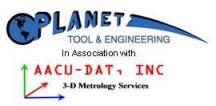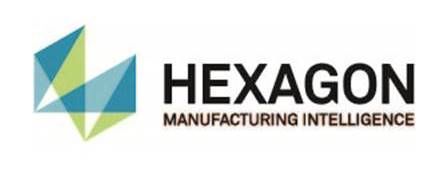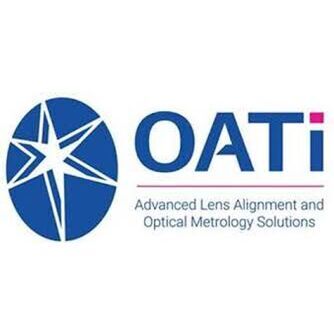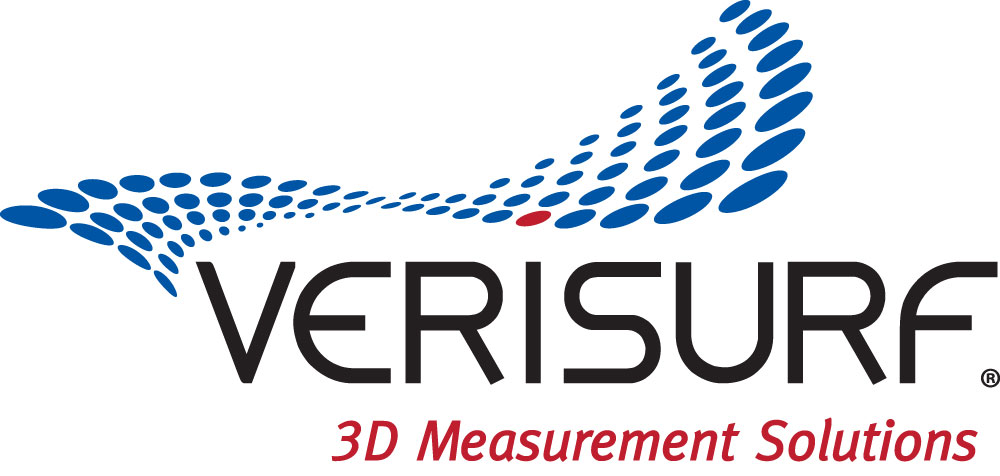
|
Download Members: $0.00 Non‑Members: $75.00 |
Buy Now |
Publication Details
| Published Date: | |
|---|---|
| Authors: | Raimund Loser |
| Company: | CMSC |
| Print Format: | Technical Paper |
| Citation: | Raimund Loser, "Laser Tracker Accuracy Certification for Large-Volume Measurements," The Journal of the CMSC, Vol. 4, No. 2, Autumn 2009 |
Abstract
Laser tracker systems are well-established and accepted in industry, especially for large-volume measurement tasks with high-accuracy requirements. Based on quality assurance requirements, many companies that are using laser tracker technology need some comparable specifications, and standards have now been published in this area. From the customer perspective it is important to find a method that allows easy test measurements on-site with minimal effort, and still deliver test results with significant accuracy statements. The United States’ B89 standard was released a couple of years ago and has already had some recommended extensions, respectively, changes to cover more measurement cases and laser tracker deficiencies. Meanwhile, VDI//VDA has prepared a new standard, too, which has a different approach, similar to the ISO 10360 standard for coordinate measuring machines (CMMs). The general differences between these standards are described in this article, and some specific measurement results will be shown.





